News
Image

Nov. 6, 2025
The last thing Melissa Fitch had ever imagined she would be doing on her sabbatical was fleeing an angry 300-pound Antarctic fur seal on the remote South Georgia island near Antarctica. As a University Distinguished Professor of Latin American…
Image

Nov. 4, 2025
Wildcat legend Steve Kerr's international upbringing sparked a curiosity about the world, a love of travel and a lifelong embrace of cultural diversity. Now, he and his wife Margot, also a U of A graduate, have made a gift commitment of $1…
Image

Nov. 4, 2025
The College of Humanities community is profoundly saddened by the loss of two of its students in a traffic collision Thursday night near the U of A campus. Sophia Akimi Troetel, a double major in Spanish and Psychology, and Josiah Patrick Santos,…
Image
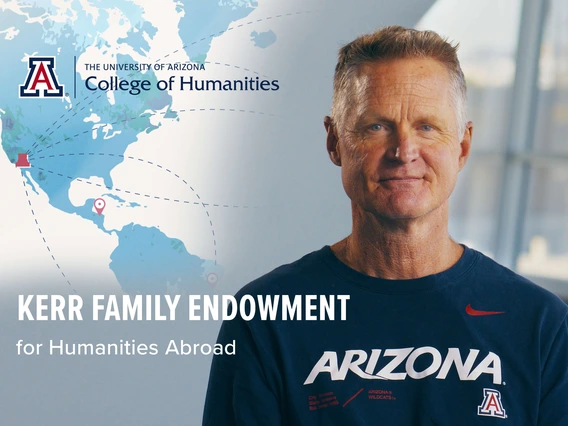
Nov. 2, 2025
Published in the Arizona Daily Star, Sunday, Nov. 2, 2025By Steve KerrI recently turned 60, which means it’s been almost 40 years since I graduated from the University of Arizona. (Time flies when you’re getting old….or something like that.) Those…
Image

Sept. 30, 2025
The University of Arizona is ranked in the top five universities in the nation for producing graduates with foreign language degrees! According to a recent analysis by The Chronicle of Higher Education, the U of A confers the fifth most…
Image
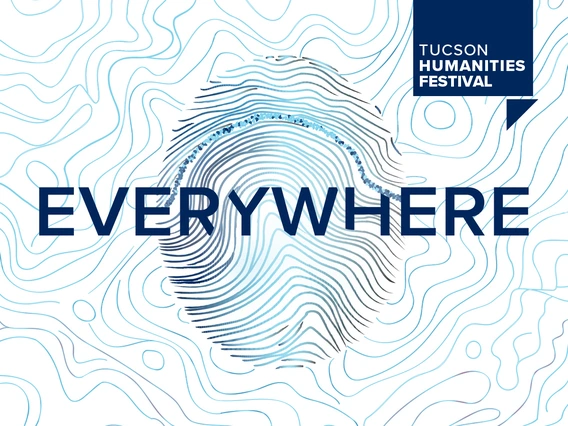
Sept. 30, 2025
The humanities are everywhere. It’s a message that Alain-Philippe Durand, Dorrance Dean of the College of Humanities, hopes to share with the university and campus communities during this year’s Tucson Humanities Festival, with a series of…
Image
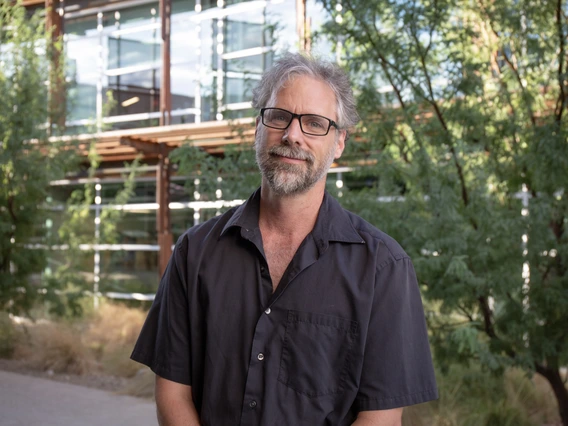
Sept. 11, 2025
Courtney Friesen, Professor in the Department of Religious Studies & Classics, has received the Frank W. Beare Award from the Canadian Society of Biblical Studies.Presented at the society’s annual meeting in June in Toronto, the Beare…
Image

Sept. 10, 2025
Grace Faerber, who was the College of Humanities’ Outstanding Senior for Spring 2020, earning a degree in East Asian Studies and Global Studies, is now President of the DC Alumni Chapter. Known as the Capitol Cats, the group…
Image
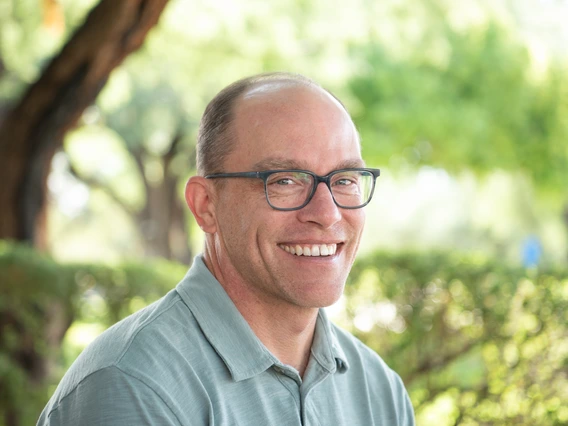
Sept. 10, 2025
Matt Mars, Professor and Interim Head of the Department of Public & Applied Humanities, has won the 2025 Ted K. Bradshaw Outstanding Research Award from the Community Development Society. Presented at the CDS Annual Conference on July 8 in…
Image

Sept. 9, 2025
Phyllis Taoua, Professor in the Department of French & Italian, has been elected to serve as Vice President of the African Literature Association. The largest association of its kind, the African Literature Association is an independent non…
Image

Sept. 9, 2025
The inaugural recipients of the College of Humanities GAT Award for Teaching Excellence are Antonia Kampe in the Department of German Studies, Taehyeong Kim in the Department of Spanish & Portuguese, and Yuyu Zhang in the Department of…
Image
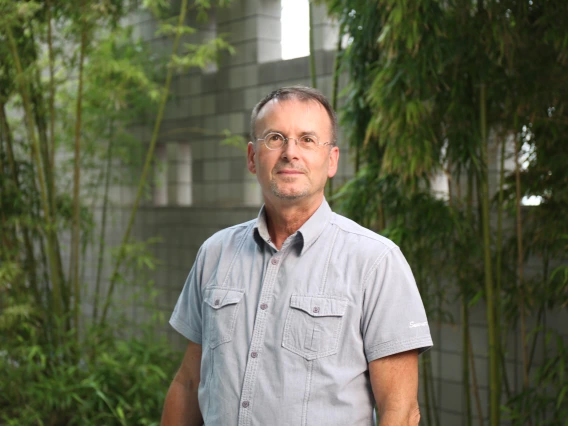
Sept. 3, 2025
Peter Ecke spends part of his evenings studying Polish, preparing to embark in April for four months as a Fulbright Scholar at Adam Mickiewicz University in Poznań. A Professor of German Studies, much of Ecke’s teaching concerns learning new…

